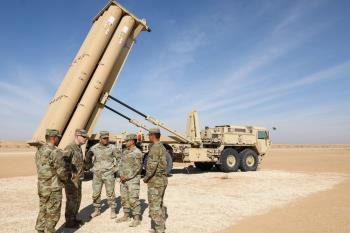Alwaght- A Saudi-imposed blockade has caused a food shortage in the neighboring Yemen resulting in widespread malnutrition of children, the British Independent newspaper reported.
The food ships cannot dock in Yemeni ports after Saudi forces imposed an informal yet real blockade against the country they already raid on a daily basis.
The move has left more than half of the 28m population with less than enough food resulting in mass malnutrition of children, a recent UN report showed.
The Intensive care wards in Yemen's hospitals are filled with emaciated children hooked up to monitors and drips - victims of food shortages that could get even worse due to a reorganization of the central bank that is worrying importers, the report said.
Saudi Arabia started daily airstrikes against the Yemeni people since March 2015, in an attempt to reinstate its ally Abd Rabbuh Mansur Hadi who resigned as Yemeni president and fled took refuge in Riyadh. The United Nations puts the death toll from the military aggression at about 10,000.
Hadi is trying to move the central bank from the capital Sanaa, under the control of the ruling Ansarullah movement, to the southern port of Aden, which is held by his supporters.
Trade sources involved in importing food to the Arab peninsula's poorest country say this decision will leave them financially exposed and make it harder to bring in supplies, Independent says.
Diplomats and aid officials believe the crisis surrounding the central bank could adversely affect ordinary Yemenis.
A nurse at the children's emergency unit at the Thawra hospital in the port of Hodaida said her ward began taking in around 10 to 20 cases of emaciated children in April, but now struggles with 120 patients per month.
The World Food Program says half Yemen's children under five are stunted, meaning they are too short for their age because of chronic malnutrition.
In July, Reuters reported that importers were already struggling to buy food from abroad because $260 million worth of their funds were frozen in Yemeni banks, while Western banks had cut credit lines.
Since then, importers have guaranteed much of the risk of financing shipments themselves.
The decision to move the central bank, seen as the last impartial bastion of the country's financial system which has helped keep the economy afloat in wartime, is viewed as a major blow for suppliers who are mistrustful of the decision and expect even more chaos ahead. Foreign exchange is already scarce and the sources do not have confidence in the new governor, the report reads.
All of this will lead to further food disruptions and more hardship for Yemenis already facing impending famine, according to the trade sources.



























